Wild bison to roam free in UK for first time in 6,000 years
Herd from Europe to be released in Kent in bid to ‘restore an ancient habitat’
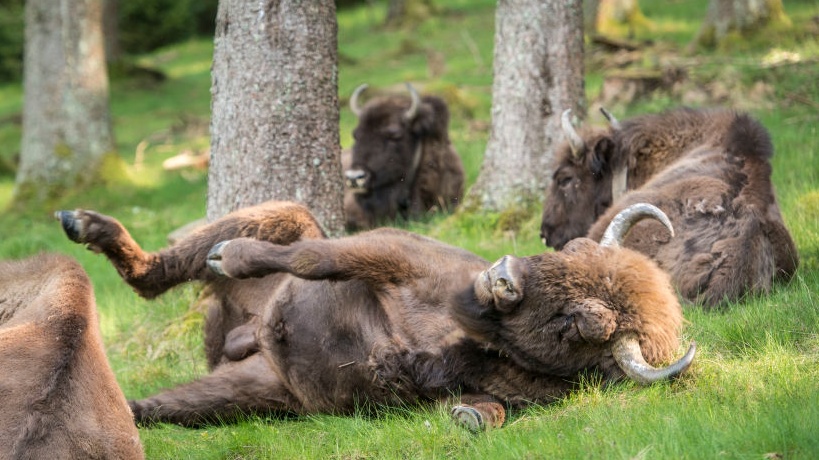
A free daily email with the biggest news stories of the day – and the best features from TheWeek.com
You are now subscribed
Your newsletter sign-up was successful
Wild bison will soon be found roaming in UK woodland for the first time in 6,000 years thanks to a £1m project to restore local wildlife.
Kent Wildlife Trust and the Wildwood Trust are overseeing the plan to import and release European bison - the continent’s largest land mammal - at Blean Woods, a former pine wood plantation near Canterbury.
The European bison, which will be reintroduced to the area by spring 2022, “is the closest living relative to ancient steppe bison, which once roamed Britain”, says the BBC.
The Week
Escape your echo chamber. Get the facts behind the news, plus analysis from multiple perspectives.

Sign up for The Week's Free Newsletters
From our morning news briefing to a weekly Good News Newsletter, get the best of The Week delivered directly to your inbox.
From our morning news briefing to a weekly Good News Newsletter, get the best of The Week delivered directly to your inbox.
One male and three females will be released into a “fenced enclosure away from public footpaths”, reports London Evening Standard, which adds that conservatists are relying on “natural breeding” to increase the size of the herd.
The four bison will come from either the Netherlands or Poland, “where similar releases have been successful and safe”, according to the newspaper.
Environmentalists say that bison are a “keystone species” that can naturally manage woodlands and act as “ecosystem engineers”, Insider reports. The animals “fell trees by eating their bark or rubbing up against them”, creating “wide and sunny clearings, which in turn will help native plants to thrive”, the news site explains.
Paul Hadaway of Kent Wildlife Trust said that “a wilder, nature-based solution is the right one to tackle the climate and nature crisis we now face”.
A free daily email with the biggest news stories of the day – and the best features from TheWeek.com
“Using missing keystone species like bison to restore natural processes to habitats is the key to creating bio-abundance in our landscape,” he added.
Joe Evans is the world news editor at TheWeek.co.uk. He joined the team in 2019 and held roles including deputy news editor and acting news editor before moving into his current position in early 2021. He is a regular panellist on The Week Unwrapped podcast, discussing politics and foreign affairs.
Before joining The Week, he worked as a freelance journalist covering the UK and Ireland for German newspapers and magazines. A series of features on Brexit and the Irish border got him nominated for the Hostwriter Prize in 2019. Prior to settling down in London, he lived and worked in Cambodia, where he ran communications for a non-governmental organisation and worked as a journalist covering Southeast Asia. He has a master’s degree in journalism from City, University of London, and before that studied English Literature at the University of Manchester.
-
 Tourangelle-style pork with prunes recipe
Tourangelle-style pork with prunes recipeThe Week Recommends This traditional, rustic dish is a French classic
-
 The Epstein files: glimpses of a deeply disturbing world
The Epstein files: glimpses of a deeply disturbing worldIn the Spotlight Trove of released documents paint a picture of depravity and privilege in which men hold the cards, and women are powerless or peripheral
-
 Jeff Bezos: cutting the legs off The Washington Post
Jeff Bezos: cutting the legs off The Washington PostIn the Spotlight A stalwart of American journalism is a shadow of itself after swingeing cuts by its billionaire owner
-
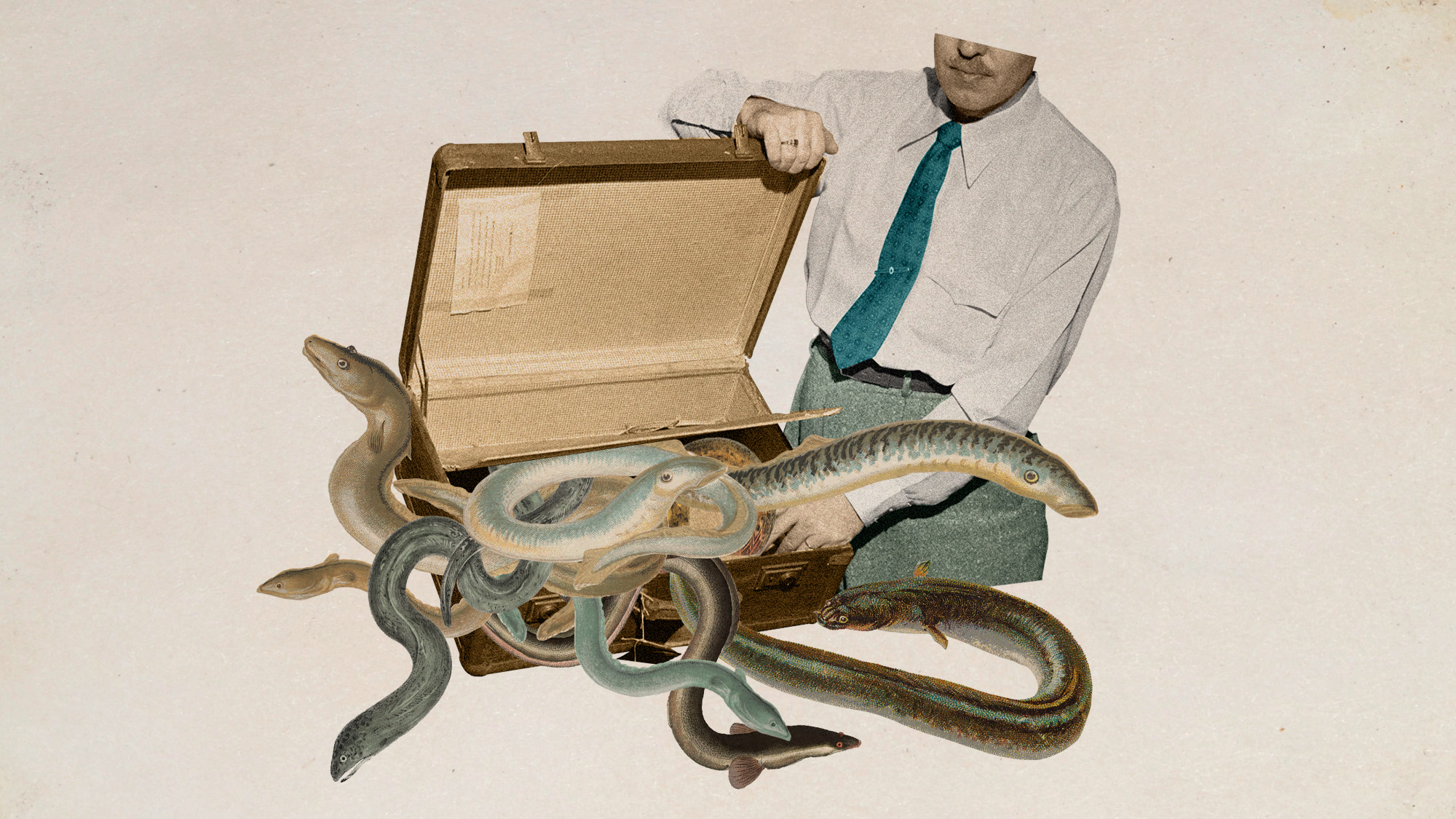 Eel-egal trade: the world’s most lucrative wildlife crime?
Eel-egal trade: the world’s most lucrative wildlife crime?Under the Radar Trafficking of juvenile ‘glass’ eels from Europe to Asia generates up to €3bn a year but the species is on the brink of extinction
-
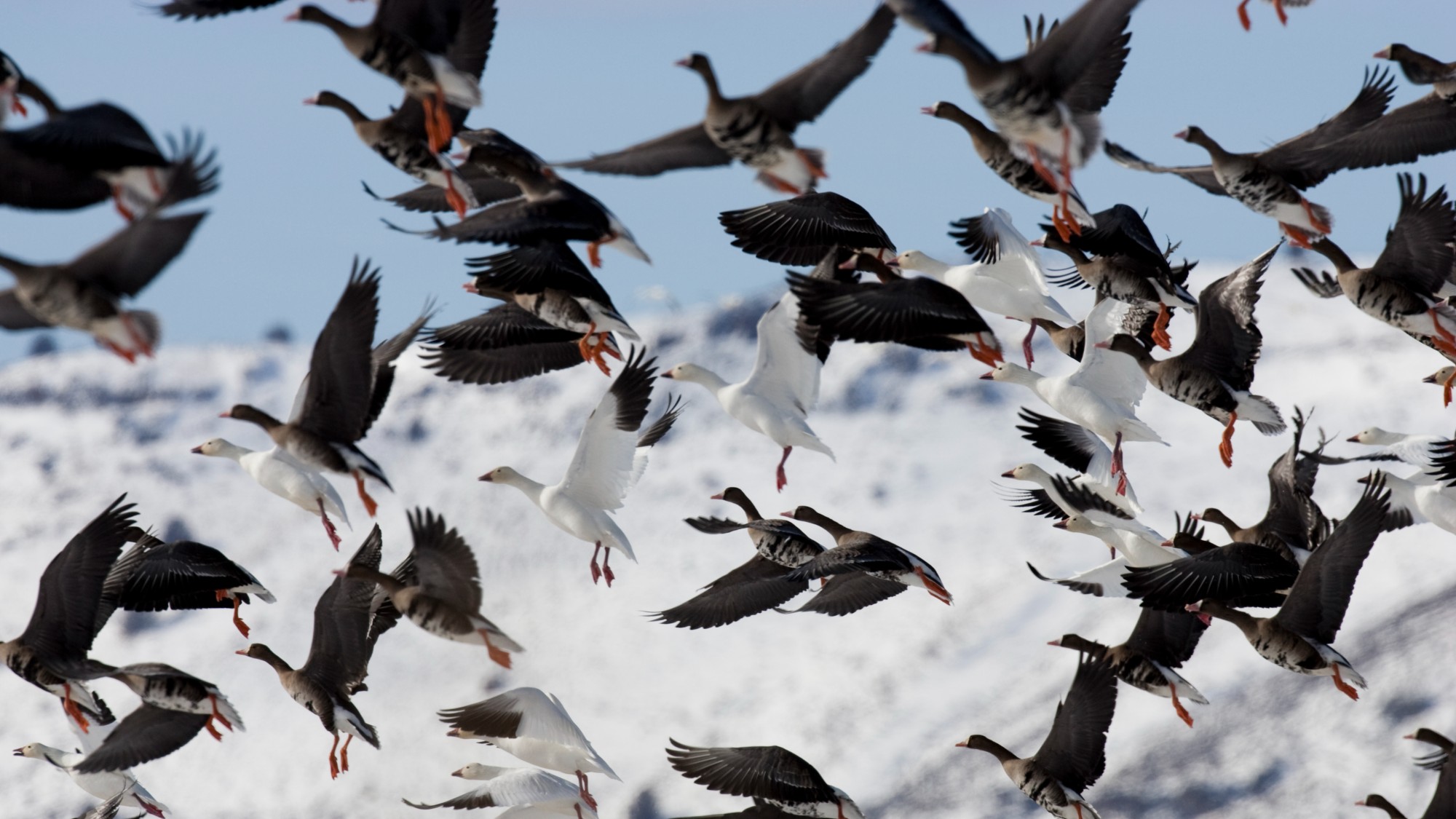 Icarus programme – the ‘internet of animals’
Icarus programme – the ‘internet of animals’The Explainer Researchers aim to monitor 100,000 animals worldwide with GPS trackers, using data to understand climate change and help predict disasters and pandemics
-
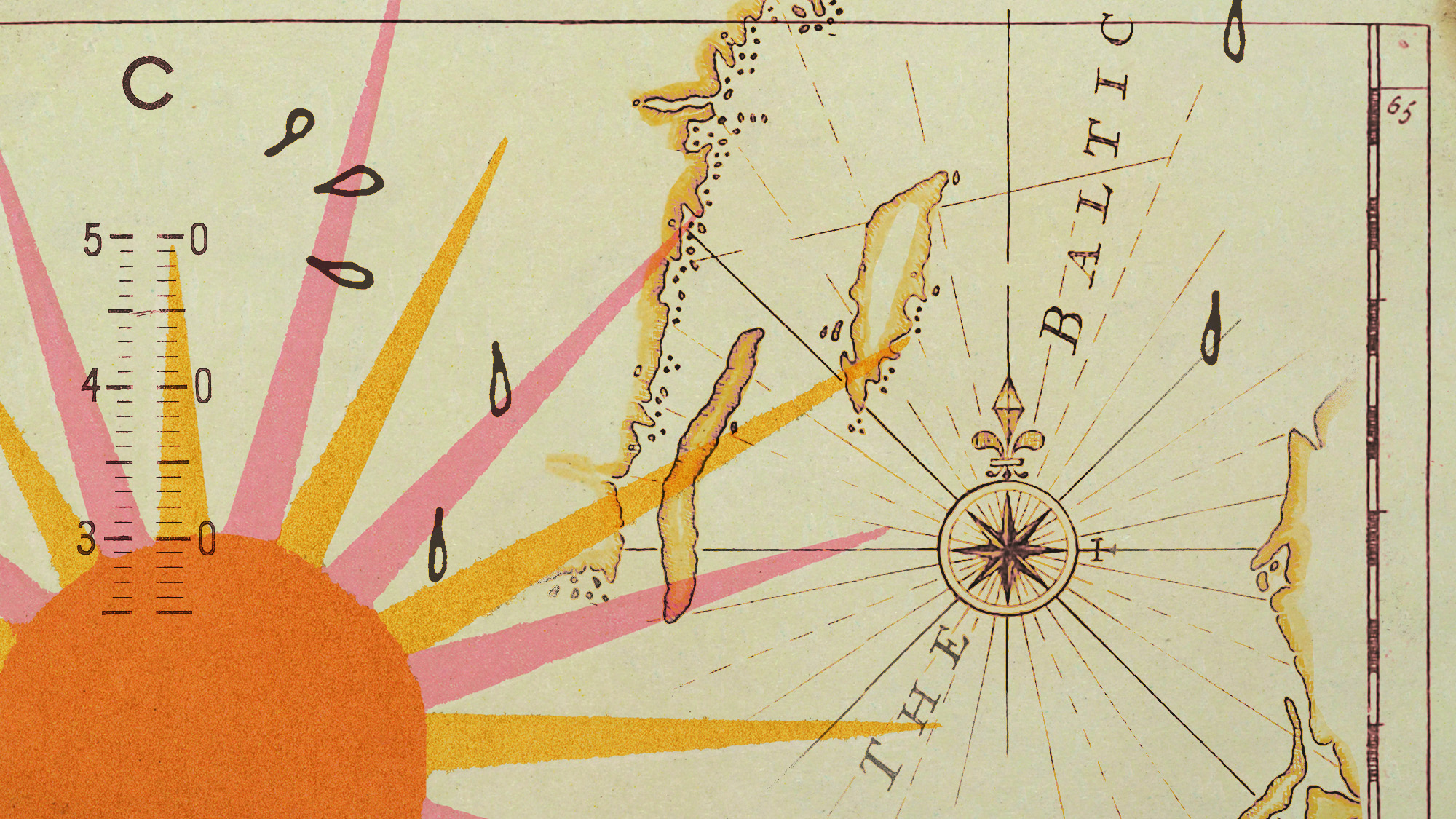 What do heatwaves mean for Scandinavia?
What do heatwaves mean for Scandinavia?Under the Radar A record-breaking run of sweltering days and tropical nights is changing the way people – and animals – live in typically cool Nordic countries
-
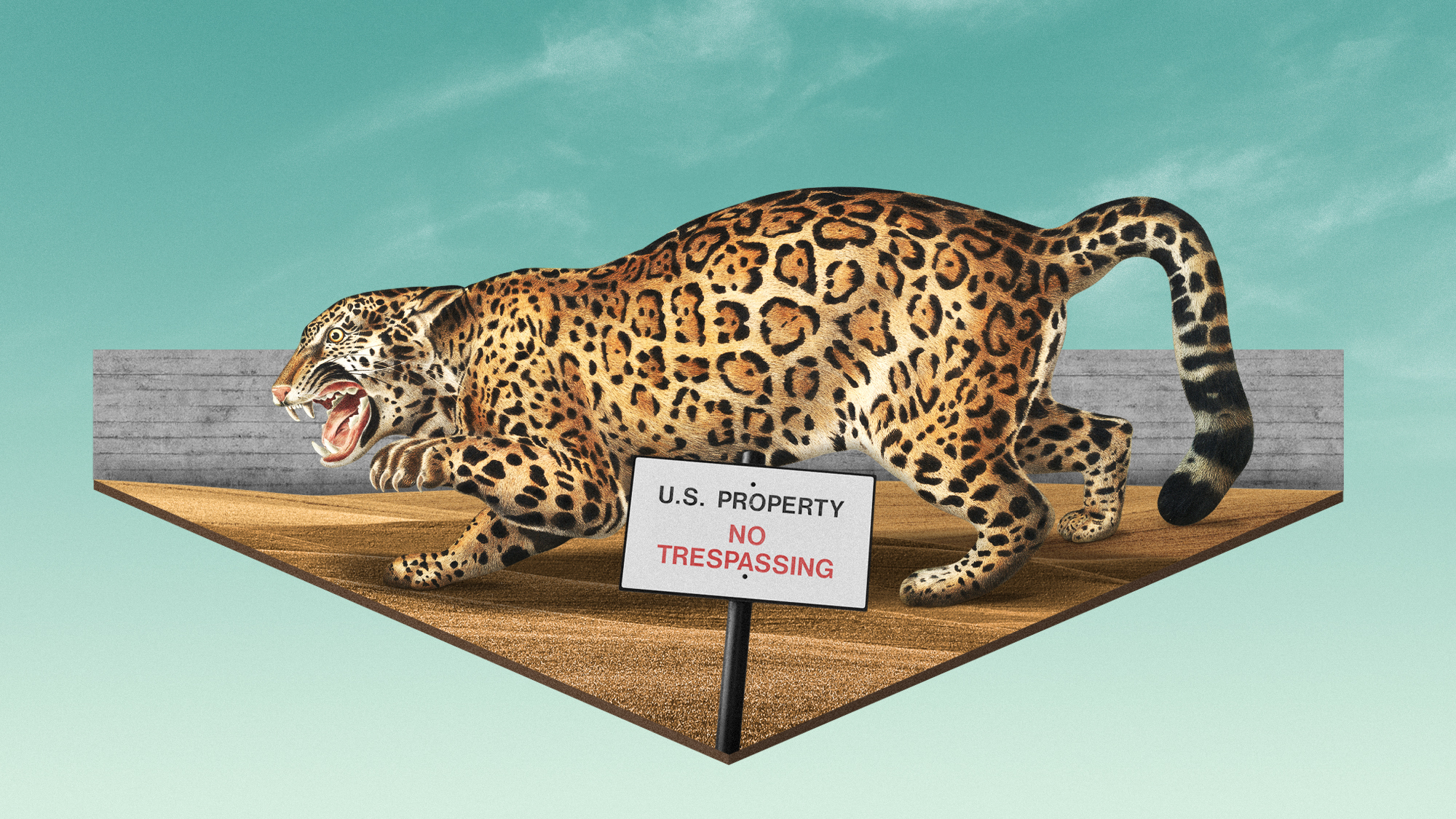 The revived plan for Trump's border wall could cause problems for wildlife
The revived plan for Trump's border wall could cause problems for wildlifeThe Explainer The proposed section of wall would be in a remote stretch of Arizona
-
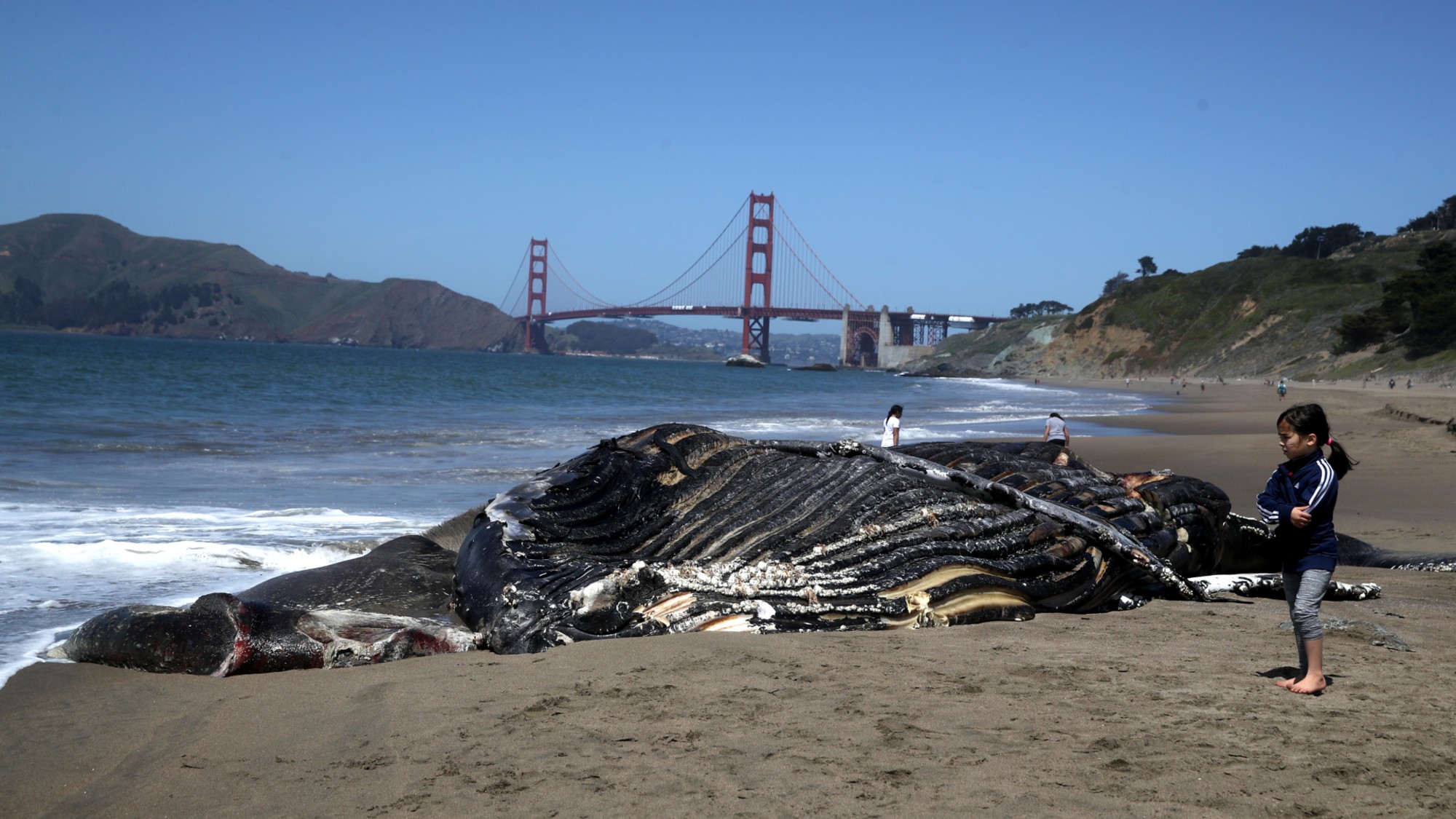 Spiking whale deaths in San Francisco have marine biologists worried
Spiking whale deaths in San Francisco have marine biologists worriedIn the Spotlight Whale deaths in the city's bay are at their highest levels in 25 years
-
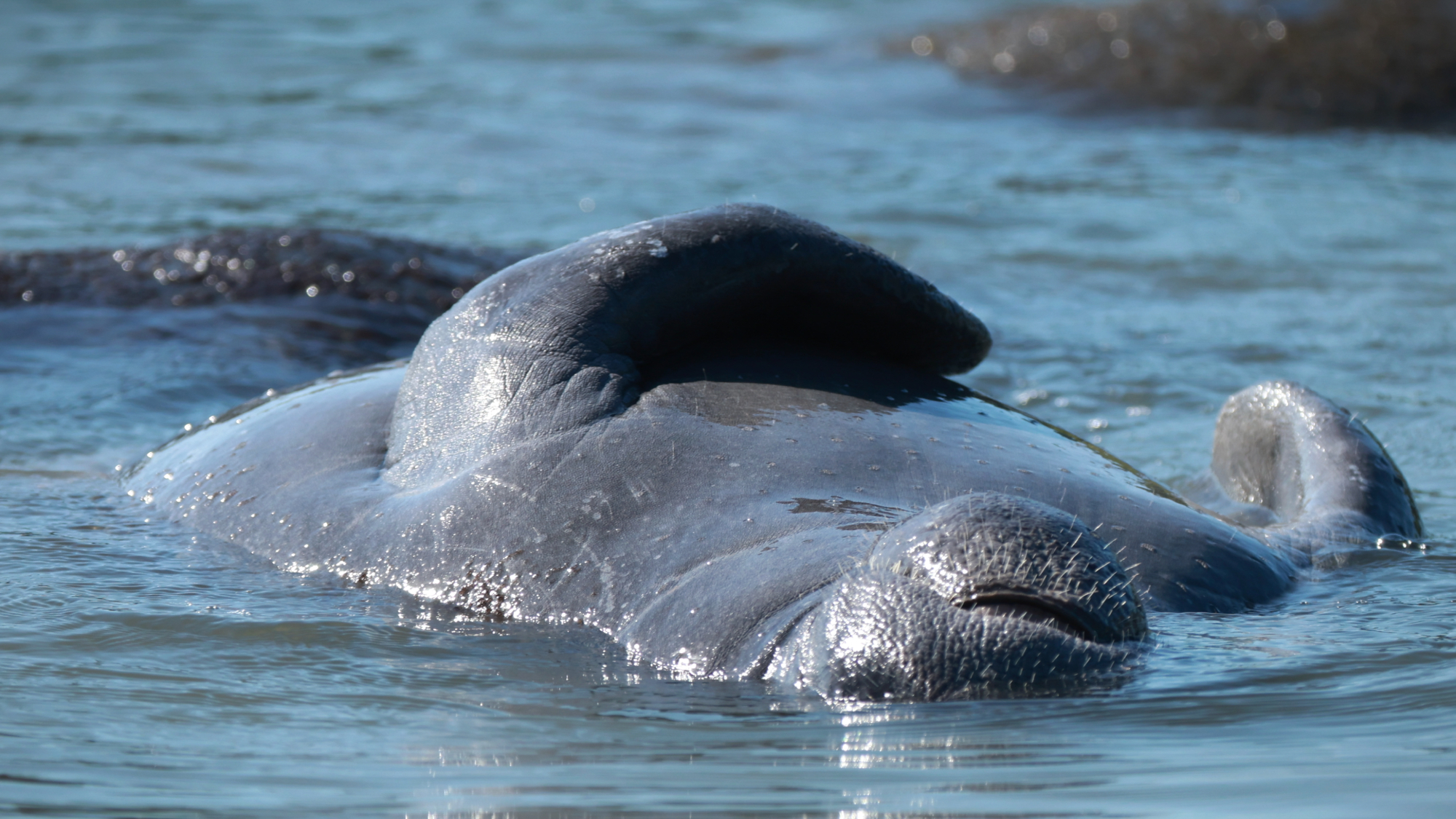 US proposes eroding species protections
US proposes eroding species protectionsSpeed Read The Trump administration wants to change the definition of 'harm' in the Environmental Protection Act to allow habitat damage
-
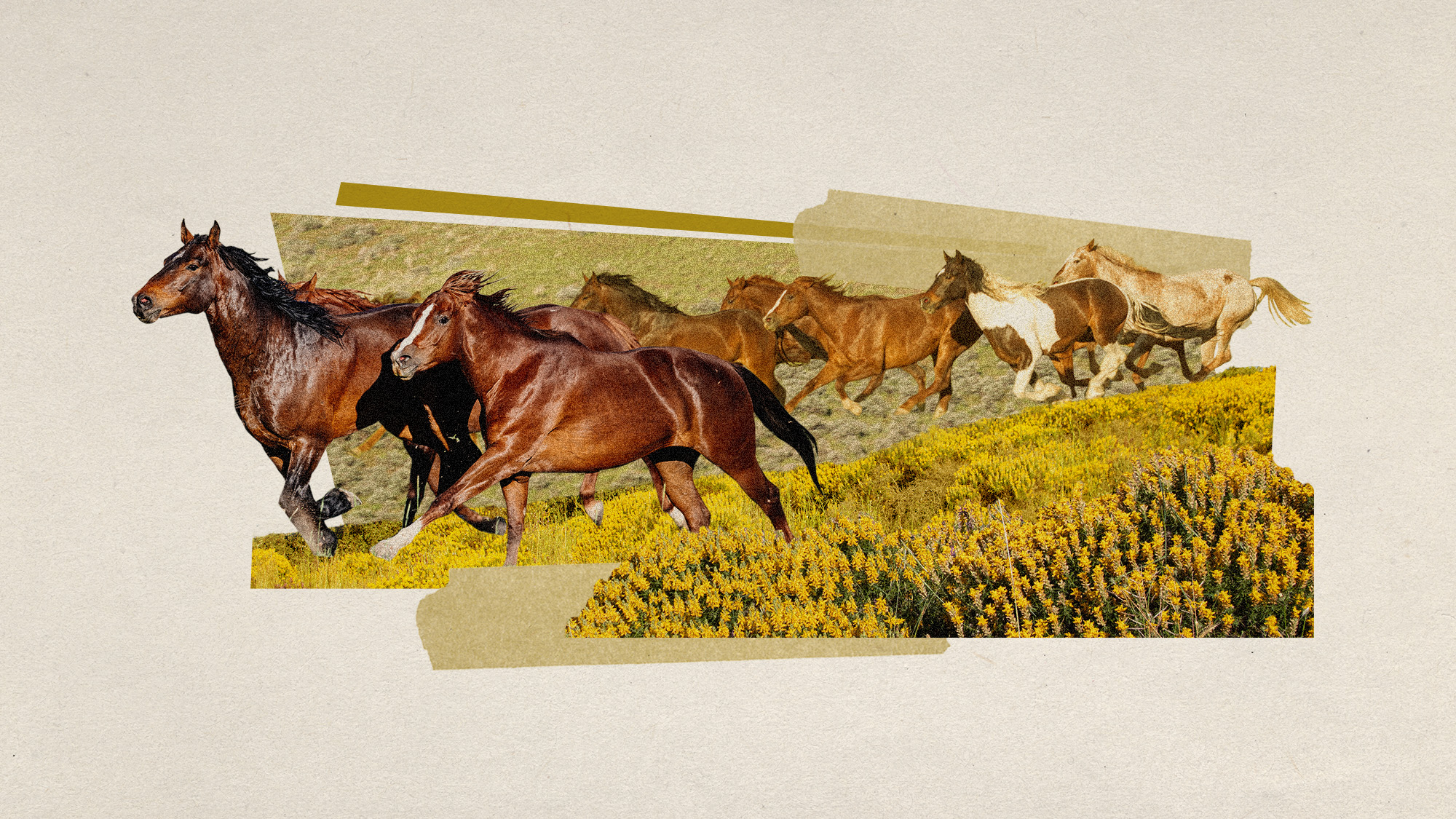 How wild horses are preventing wildfires in Spain
How wild horses are preventing wildfires in SpainUnder The Radar The animals roam more than 5,700 hectares of public forest, reducing the volume of combustible vegetation in the landscape
-
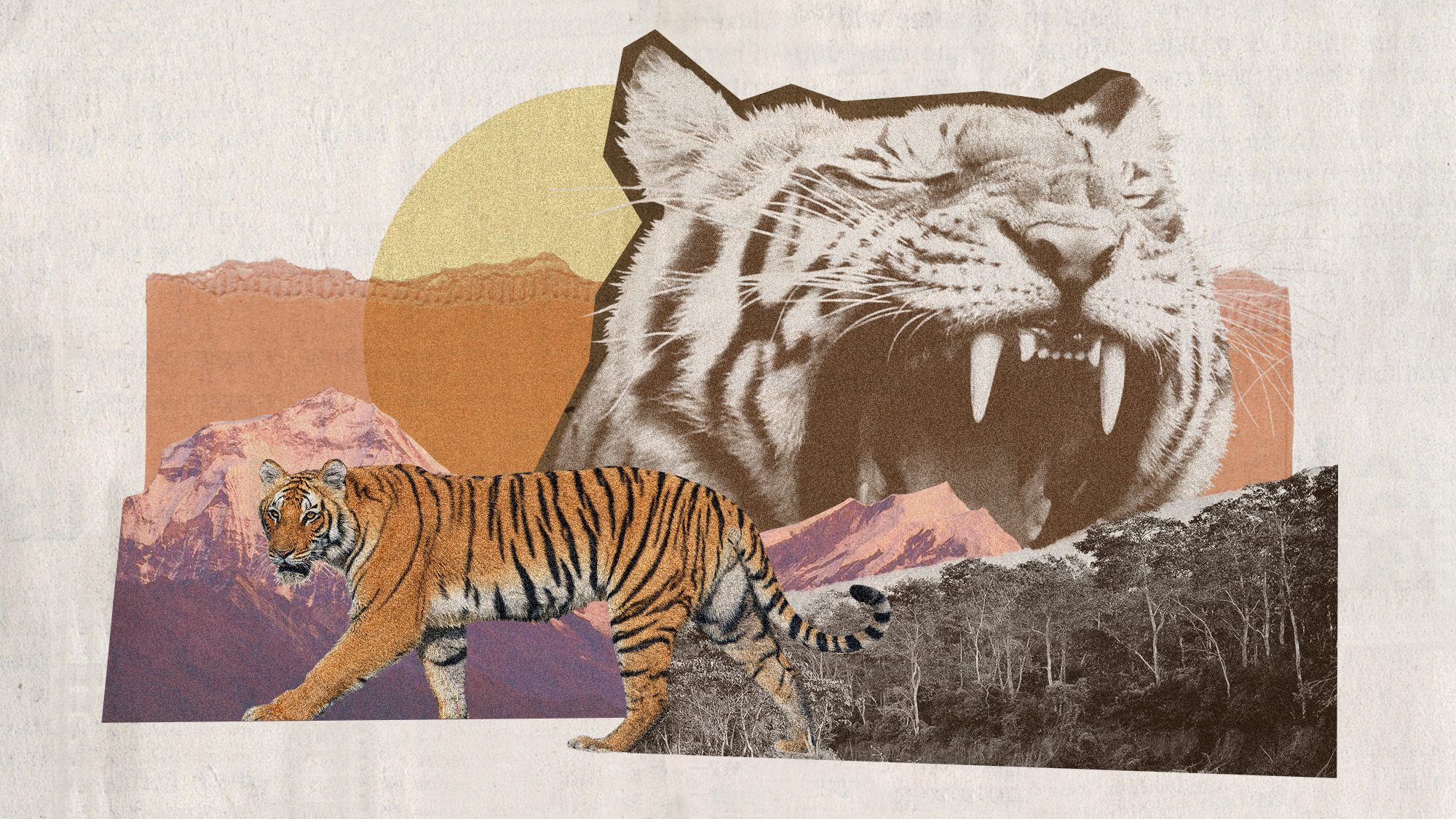 Does Nepal have too many tigers?
Does Nepal have too many tigers?Under the Radar Wild tiger numbers have tripled in a decade but conservation success comes with rise in human fatalities